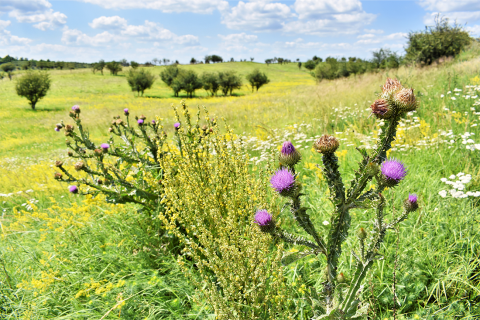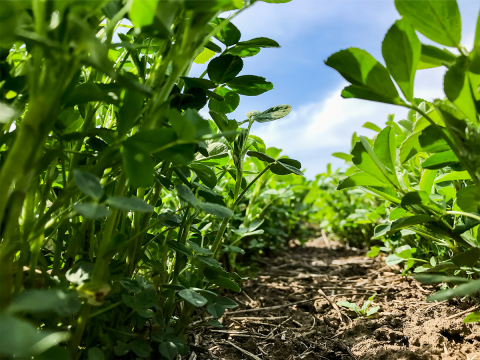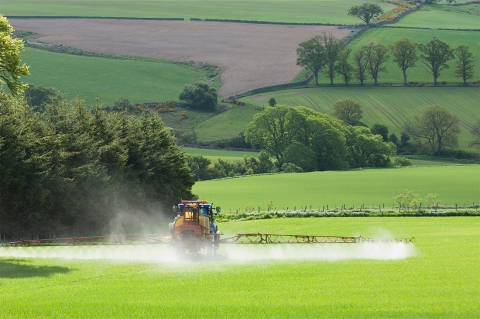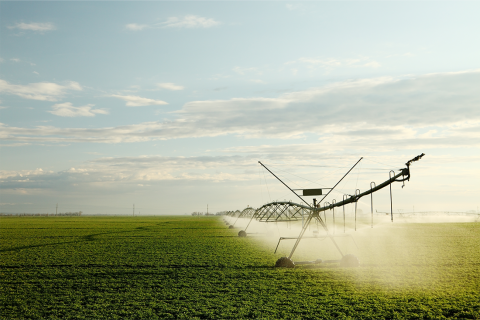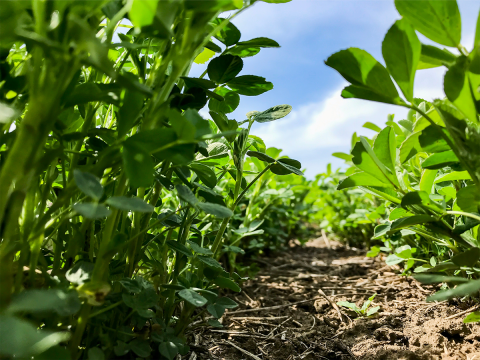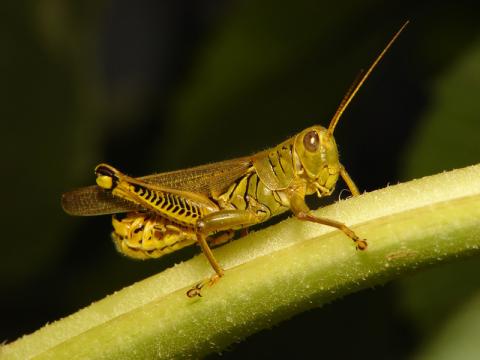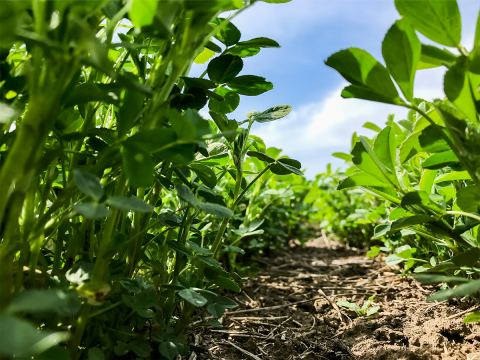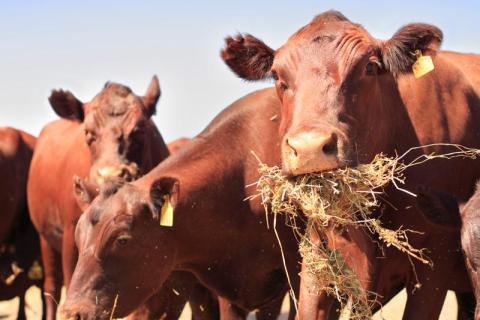Pasture and Forage Minute: Equipment Maintenance, Controlling Musk Thistle and No-Till on the Plains Tours
May 11, 2023
This week, extension educators review a checklist for pre-season hay equipment maintenance, tips for controlling musk thistle in pastures, and details of this year's No-Till on the Plains Whirlwind tours in June.
Pasture and Forage Minute: Alfalfa Weevil, Weed Control and Summer Pasture Turn-out
May 4, 2023
This week — Controlling alfalfa weeds with post-emergent herbicides, scouting for alfalfa weevil, and planning the date and pastures for spring turn-out.
Pasture and Forage Minute: Calculate ROI Before Fertilizing Pastures
April 26, 2023
This week: Fertilizing pastures — an in-depth analysis on the economics of applying fertilizer to Nebraska pastures this season.
Pasture and Forage Minute: Early Season Alfalfa Irrigation, Trigger Dates and Weed Control
April 19, 2023
This week — Strategies for irrigating alfalfa in early season dry soil conditions, grazing to control abundant weed growth due to drought and forming a drought plan.
Pasture and Forage Minute: Alfalfa Weed and Stand Management, Grazing Winter Annuals
April 10, 2023
This week — Tips on controlling winter annual weeds for optimum first cutting hay quality, evaluating alfalfa stands with a hay square, and grazing rye, winter wheat and triticale during a cool start to spring.
Pasture and Forage Minute: Alfalfa Seed Selection, Grasshoppers After Drought
April 5, 2023
This week — Reviewing seed selection to avoid anthracnose and Phytophthora root rot, assessing alfalfa stands and predictions on grasshopper populations following the 2022 drought.
Pasture and Forage Minute: Increasing Alfalfa Productivity with Grass Mixtures, Spring Weed Control
March 9, 2023
Interseeding cool-season perennial grasses into alfalfa and applying herbicides in early spring are reliable methods of improving alfalfa production and health this growing season.
Pasture and Forage Minute: Avoiding Tetany, Nitrate Issues, Calculating Pasture Rental Rates
February 7, 2023
Extension educators review the importance of testing winter hay and monitoring animals for tetany and nitrate poisoning, and factors to consider while calculating pasture lease rates.


